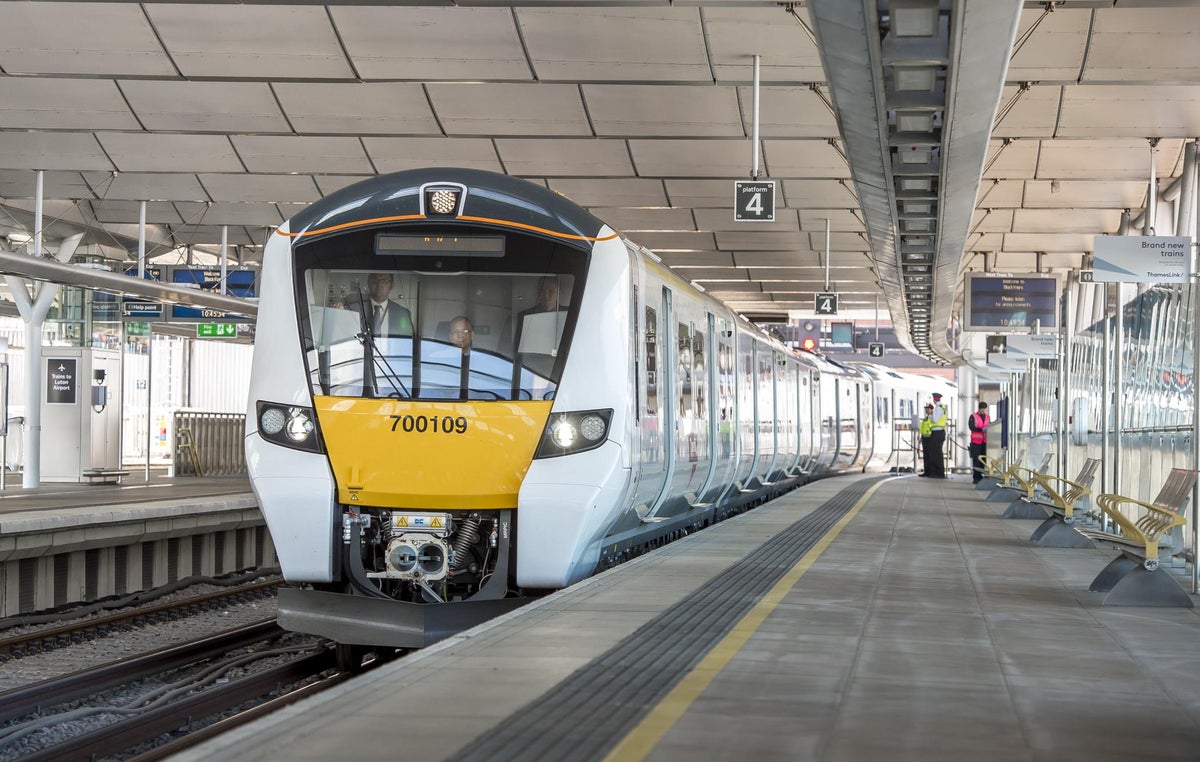
Britain's biggest train company is offering cheaper tickets to encourage more commuters to return to offices on Mondays and Fridays.
Govia Thameslink Railway (GTR) said it has started selling Advance tickets for travel on some of its Southern services during the morning and evening peak periods on those days, saving passengers up to 15%.
The coronavirus pandemic has led to a major change in travel patterns, with many commuters only heading into offices on Tuesdays, Wednesdays and Thursdays.
GTR said its morning peak services only carry around 210,000 passengers on Mondays, compared with between 230,000 and 250,000 on each of the middle three days of the working week. On Fridays - which were a quieter day even before the pandemic - the figure drops to around 160,000.
Advance tickets - which are cheaper than walk-up fares - have previously only been available for off-peak services to cater for leisure passengers.
They are now available as a trial for some services in both directions between three major London stations - Victoria, Clapham Junction and East Croydon - and stations south out Three Bridges in West Sussex.
This extends as far east as Eastbourne in East Sussex and as far west as Chichester in West Sussex.
GTR is also trialling a loyalty scheme that enables ticket-buyers to collect points which can be redeemed for rewards such as days out, cinema tickets and coffee.
The company's customer services director Jenny Saunders said: "We've seen a sea change in travel habits because of the pandemic.
"Mondays and Fridays are unsurprisingly less popular with our customers because they bookend the week, but our trains are quieter as a result so we want more people to use them.
"Lower ticket prices, coupled with Southern's new loyalty rewards scheme, will encourage people back to rail at times when we have more space on board, and they'll help with the rising cost of living.
GTR runs Southern, Thameslink, Gatwick Express and Great Northern services, carrying more passengers than any other operator in Britain.
The Department for Transport has tight control over the financial decisions of most train operators in England after taking on their costs and revenue risks to maintain services since the start of the pandemic.







